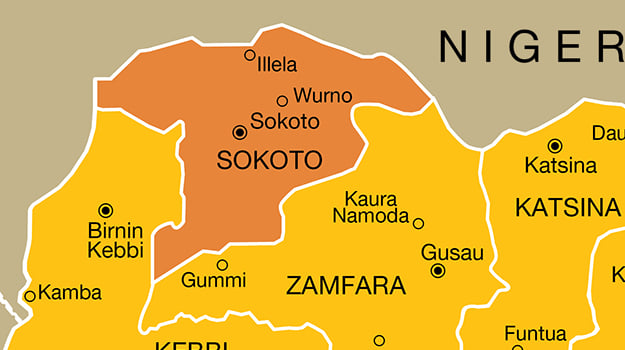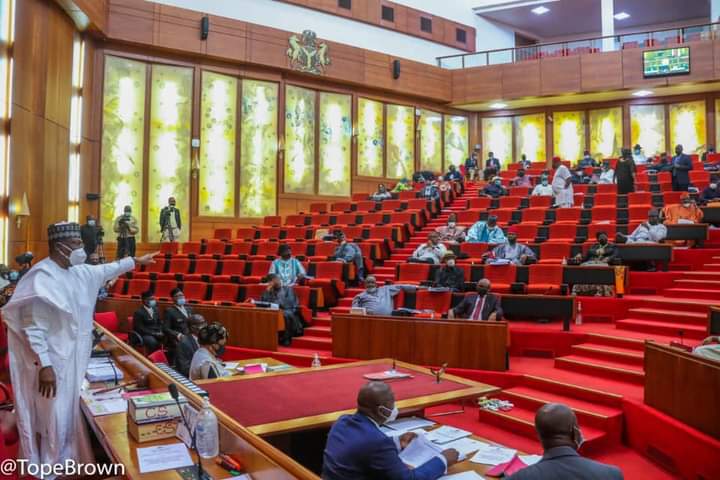The Joint United Nations Programme on HIV/AIDS (UNAIDS) says the limited access to COVID-19 vaccines for developing countries will have a negative impact on people living with HIV.
UNAIDS disclosed this in a report titled, ‘Confronting Inequalities: Lessons for Pandemic Responses from 40 Years of AIDS’, which was released on Wednesday.
According to the report, developing countries have been at a disadvantage over access to COVID-19 vaccines, as rich countries have monopolised access.
“COVID-19 vaccines that could save millions of lives trickle into developing
countries as new waves of infections threaten to overwhelm their under-financed health systems. At the end of June 2021, just 1% of people in low-income countries and 11% in lower-middle-income countries had received at least one dose of a potentially life-saving COVID-19 vaccine, compared to 46% in high income countries,” the report reads.
Advertisement
“”This has huge implications for people living with HIV. Low-income and lower middle-income countries are home to a majority of the world’s people living with HIV, and an increasing body of evidence indicates that people living with HIV who acquire SARS-CoV-2 infection are at heightened risk of severe COVID-19 illness and death.
“In sub-Saharan Africa, where two thirds (67%) of people living with HIV resided in 2020, the highest rates of one-dose COVID-19 vaccination coverage in June 2021 were in Equatorial Guinea (19%), Botswana and Zimbabwe (9% each), and Namibia (6%). No other countries in the region exceeded 5%.
“After spending decades fighting for access to the HIV medicines available in rich countries, people living with HIV in the developing world are once again being denied their right to health by an international system that puts profits over people.
Advertisement
“As the world responds to COVID-19 and prepares for future pandemics, it would be much better served by a close examination and application of the lessons learned over the 40-year fight against HIV.”
Add a comment





